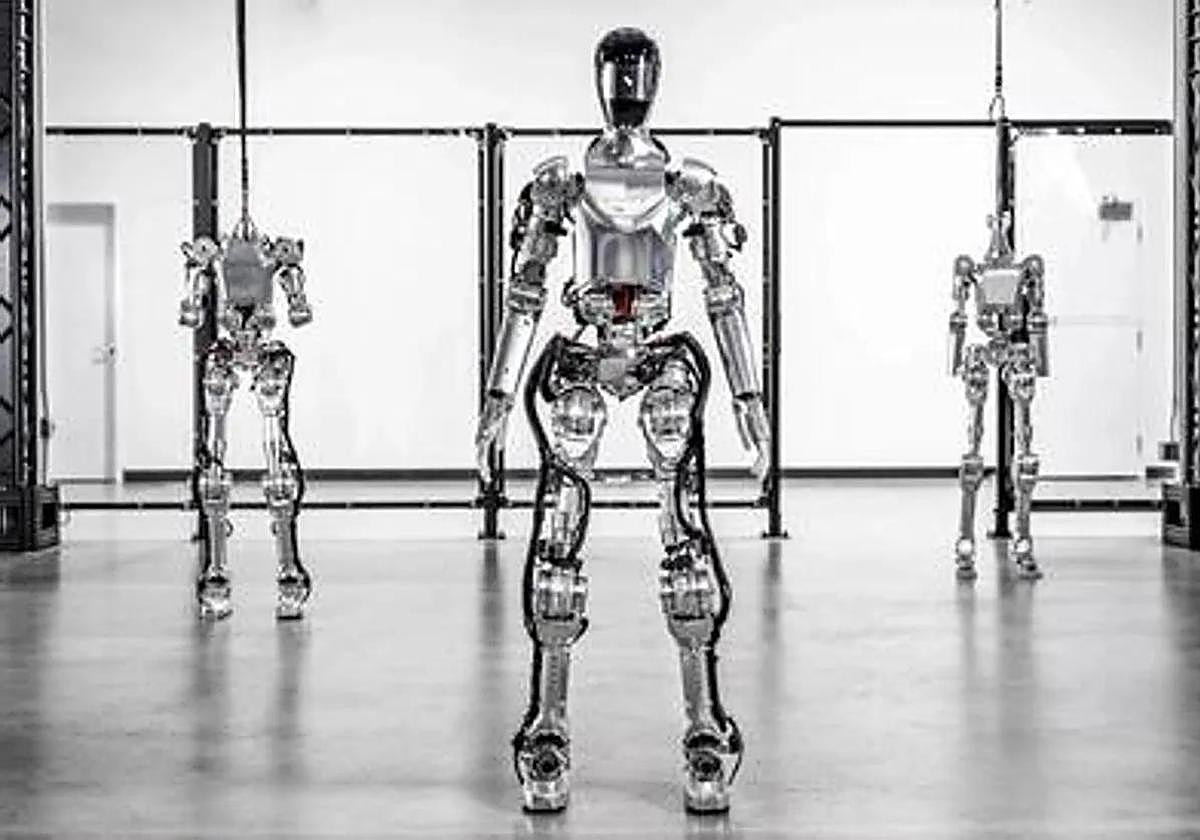Half of all artificial intelligence job vacancies in Spain remain unfilled
Spanish companies need more workers specialised in this technology, especially now that the new European law is being implemented
Spain is struggling to fill job vacancies for artificial intelligence experts.
On 1 August, the EU's Artificial Intelligence (AI) Act came into force, the first in the world to regulate AI systems. Although it came into force on 1 August, it will not be for another 24 months until the law will be fully implemented. It is part of the EU's plan to give companies time to adapt before sanctions begin. However, for more crucial issues such as general-purpose models like ChatGPT, the rule will start to apply in August 2025.
However, professionals to cover this demand for data and artificial intelligence experts continues to be insufficient in Spain. Data from the IndesIA and Talent Hackers report shows that in 2023 some 15% of data vacancies did not find candidates with the necessary skills and 50% of AI vacancies could not be filled for the same reason.
IndesIA, the association for the promotion of AI and the data economy, pointed out that in Spain there are more than 144,500 professionals in data and AI, of which 68% are men and 32% are women, "which shows a significant gap in female talent in this field". Most of these professionals work in Madrid (45%), Catalonia (27%) and Andalucía (7%).
120,000 offers per year
According to the study, around 120,000 technology job offers were published last year and of these, more than 24% were in data and AI (29,100). Although this figure is 2% less than 2022, it is expected that by 2024 the number will rise to represent three out of every ten job offers.
The biggest shortfall, therefore, is in AI, especially in its practical application in business. The roles most affected by this lack of talent are those of AI or machine learning engineers and in the application of these technologies in natural language processing. In these areas, 30% of vacancies could not be filled.
The report pointed out that, to close this data and AI talent gap, the growth in the number of professionals would need to increase from the 5.5% forecast in 2024 to 8.6%. It added that, if left unaddressed, the demand-supply gap could quadruple by 2025. They also warned that simply identifying and attracting new talent is insufficient, so it is necessary to take into account the transformation of current workforces to acquire the necessary knowledge and skills.
It is key to encourage public-private research in AI and to improve the access of professionals to the right tools, the report also pointed out. The creation of specific training and specialised certifications, together with collaboration between educational institutions and private companies, will make training more practical and adapted to the current and future needs of companies. "The use of generative AI will transform roles by increasing skills and democratising technical knowledge," the report pointed out.

